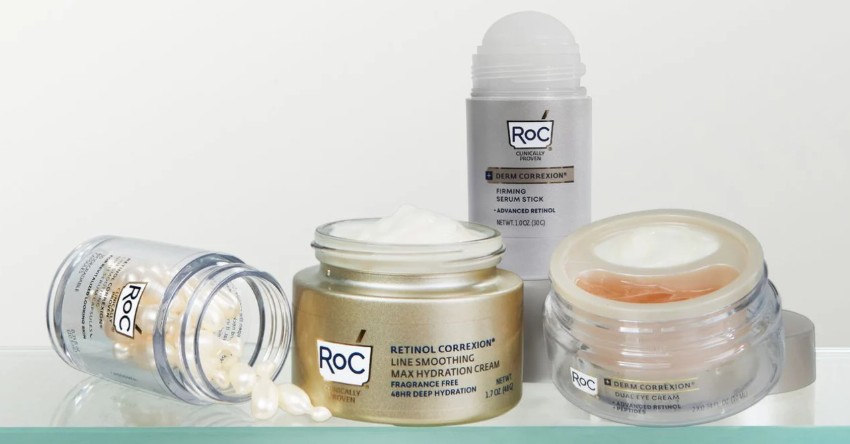The Federal Communications Commission last week said it plans to examine ways to protect consumers from unauthorized telemarketing calls to their cell phones and other wireless devices.
It also said it would consider the efficacy and costs of fulfilling the requirements.
The commission is asking for comments on, among other things:
-
The ability of senders to determine whether a message is a mobile commercial electronic mail message.
-
How to provide subscribers with the ability to avoid receiving mobile service commercial messages without the subscriber’s prior consent.
-
How to indicate electronically a desire not to receive future commercial messages from specific senders.
-
Whether commercial cellular providers should be exempted from having to obtain express prior authorization before sending a commercial message to their customers.
“American consumers have every right to expect that their cell phones will be spam-free zones,” FCC Chairman Michael Powell said in a statement.
The action is in response to the passage of the Can-Spam Act, which took effect Jan. 1, and established the first national standards for commercial e-mail.
The FCC is also proposing an amendment to its Telemarketing Sales Rule to require telemarketers to scrub their lists against the national Do-Not-Call Registry every 30 days, bringing its rule in line with that of the Federal Trade Commission.
“Many telemarketers might face inconsistent standards because the FTC’s jurisdiction extends only to certain entities, while FCC jurisdiction extends to all telemarketers,” the FCC said.
 Network
Network



